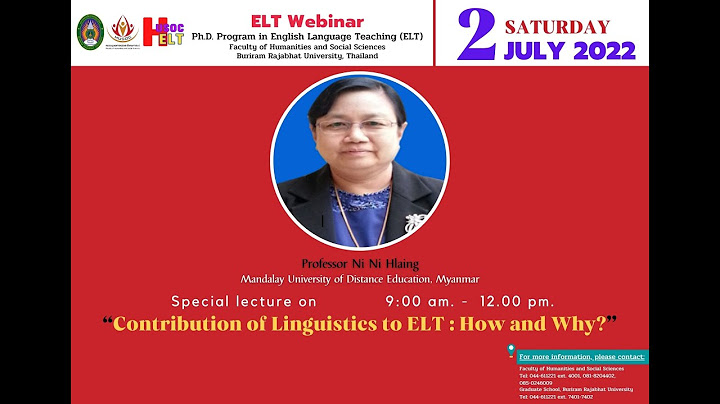 Show
Adverse Childhood Experiences (ACEs) Preventing early trauma to improve adult health   1 in 6 adults experienced four or more types of ACEs.  At least 5 of the top 10 leading causes of death are associated with ACEs.   Preventing ACEs could reduce the number of adults with depression by as much as 44%. OverviewAdverse Childhood Experiences (ACEs) are potentially traumatic events that occur in childhood. ACEs can include violence, abuse, and growing up in a family with mental health or substance use problems. Toxic stress from ACEs can change brain development and affect how the body responds to stress. ACEs are linked to chronic health problems, mental illness, and substance misuse in adulthood. However, ACEs can be prevented. Preventing ACEs can help children and adults thrive and potentially:
Preventing ACEs could reduce a large number of health conditions.Potential reduction of negative outcomes in adulthoodAdverse Childhood Experiences impact lifelong health and opportunities.ACEs are common and the effects can add up over time.
Healthcare Providers Can:
Employers Can:
States and Communities Can:
Everyone Can:

For More Information Centers for Disease Control and Prevention Which of the following explain the significance of familial relationships in our lives?Which of the following explain the significance of familial relationships in our lives? *Family introduces us to the concept of relationships and teaches us how to engage in them. *Family can provide us with a feeling of belonging and a sense of our own history.
What social obligations comes with family relationships quizlet?for security, a sense of well being, fulfillment, sense of identity, and our opportunity to be loved and to love.
What is the fastest growing type of household in the United States quizlet?The single parent family is the fastest growing family structure.
What type of lovers live for storms and find peace while they rage?Obsessive lovers live for storms and find peace while they rage.
|

zusammenhängende Posts
Werbung
NEUESTEN NACHRICHTEN
Werbung
Populer
Werbung

Urheberrechte © © 2024 ketiadaan Inc.


















